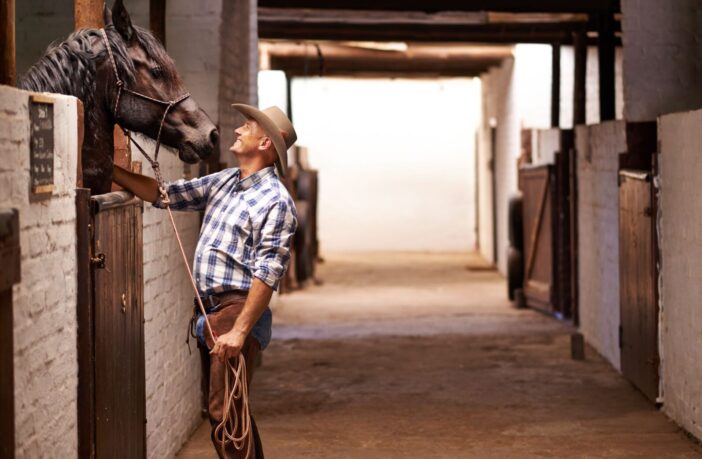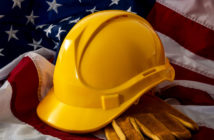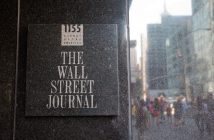The Kentucky Derby, one of horse racing’s largest events, will occur on September 5 after a long delay due to the COVID-19 pandemic. The “fastest two minutes in sports” will also happen without any fans after Churchill Downs walked back on earlier plans to accommodate more than 20,000 fans. More than 16 million viewers tuned into 2019’s race and there will likely be scores of new viewers this year as Americans across the country tune in for the second leg of this year’s Triple Crown.
So, what does immigration have to do with the Kentucky Derby? Quite a bit, it turns out. The Associated Press contacted horse trainers in Kentucky ahead of the derby and reported that race officials are warning of a “worker shortage” ahead of the race due to the president’s restrictions on guest worker visas, including the H-2B which Kentucky horse trainers use.
The AP quoted successful trainer Dale Romans as saying, “there’s nobody out there to do the work” despite the fact that the Louisville-Jefferson County statistical area had a 6.4 percent unemployment rate in June. In May, three separate estimates found that Kentucky had the nation’s worst jobless rate.
The article explains some of the surface level problems at play without diving into the deeper issues. First and foremost is the issue of pay. The Associated Press writes:
“They’re competing with the Amazons and the other [companies]who are able to offer more financially. Take a backside worker at Churchill Downs as an example. A worker hired under the H-2B visa program makes roughly $11.50 an hour on average, according to data provided by the U.S. Department of Labor. Amazon employees make $15 per hour. Both pay higher than Kentucky minimum wage, which is $7.25 an hour.”
Tight labor markets are good things both economically and socially. It means that low-skilled American workers have a chance to see their wages rise in the labor market. If those workers are going to work for companies like Amazon, that is a message to the racing industry to raise the wages of their lowest-paid workers. H-2B workers distort labor markets by allowing employers to certify foreign workers at wages set well below the actual cost of labor for those positions. Instead of raising wages, trainers continue to rely on the H-2B program in an effort to cut costs.
The article quotes Elizabeth Conley Buckley, an immigration lawyer in Louisville, suggesting that the Department of Labor reclassify horse trainers as H-2A eligible, meaning they could enter the U.S. as non-capped agricultural guest workers. Congress capped the H-2B program at 66,000 annually, although in recent years Congress and the Department of Homeland Security raised the cap temporarily to about 85,000. But this actually masks the real issue, which is not that there are too few visas to go around, but that a few industries dominate the allocated visas.
The article states that “Racing industry applications for work visas are outnumbered by applicants in hospitality, construction and landscaping industries.” This is entirely true. But her solution accomplishes nothing if employers of landscapers and construction workers continue to dominate visa certifications, which they will. Instead of raising the number of visas, the Department of Labor and U.S. Citizenship and Immigration Services (USCIS) within the Department of Homeland Security need to work together to exclude industries without real needs from the program.
Often, the prevailing argument from business owners and pro-business groups like the Kentucky Equine Education Project is to simply increase the number of visas available to all industries. This is simply short-sighted, as the businesses will find themselves right back in the same position where they continue to lose out on H-2B certifications to landscaping and construction. For the program to remain true to its original purpose, the H-2B should be available only to industries with significant and demonstrated labor shortages.
The lack of H-2B workers in the stables on race day will not ruin the Kentucky Derby. There is far too much money invested and involved in the event for that to happen. But the situation described by the Associated Press does raise light on an important discussion in the H-2B debate: how do companies with actual needs fill their shortages? There is not an easy answer, but raising the number of visas or reclassifying industries into the oft-abused H-2A program is not the answer.




